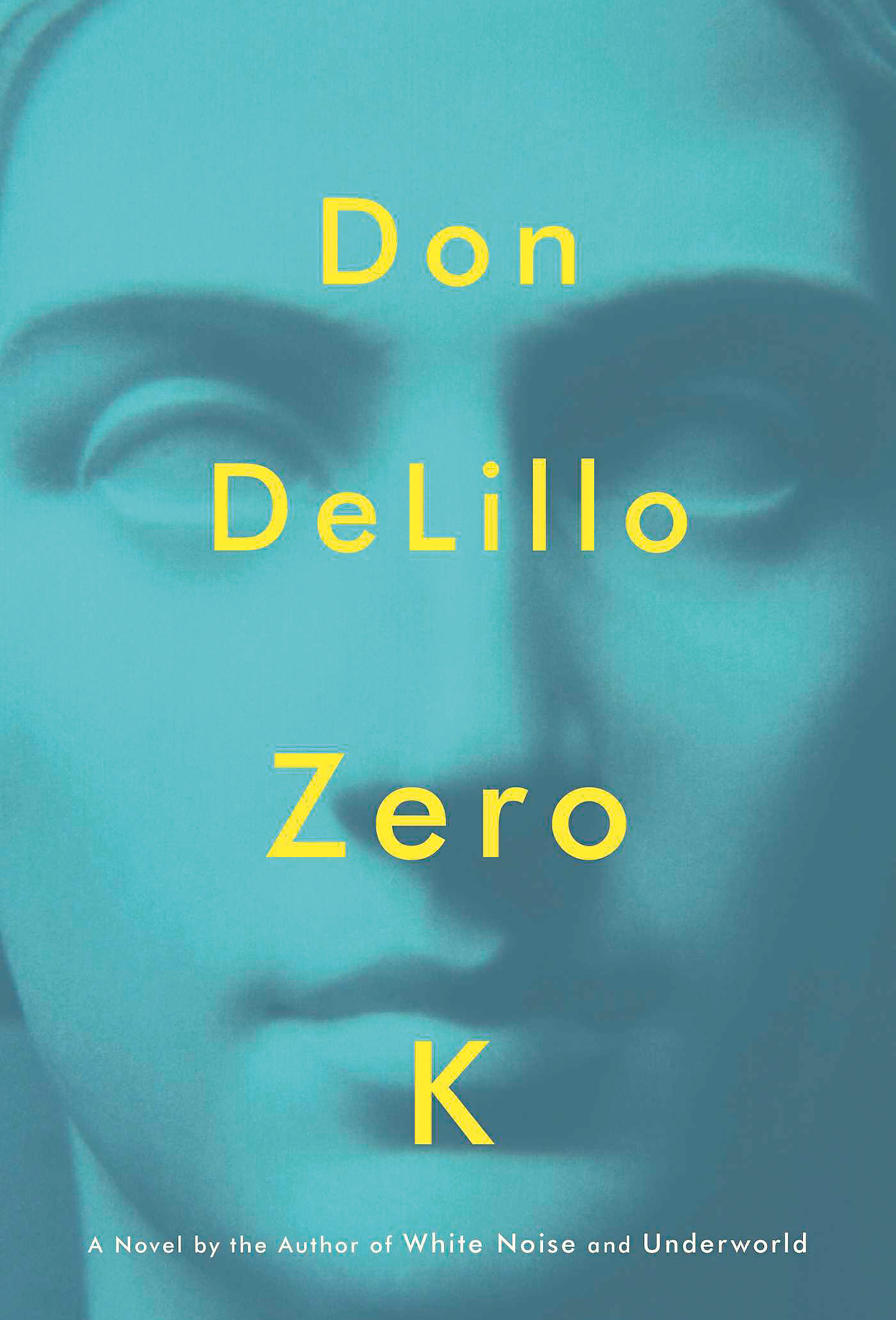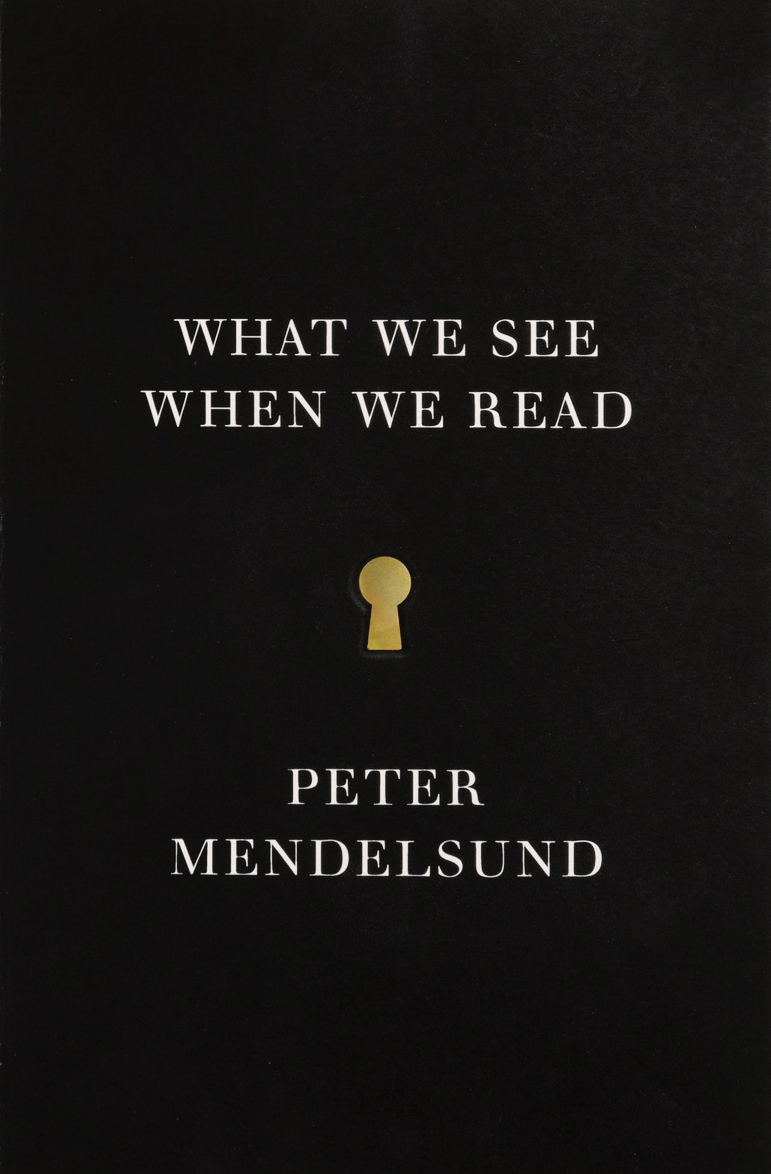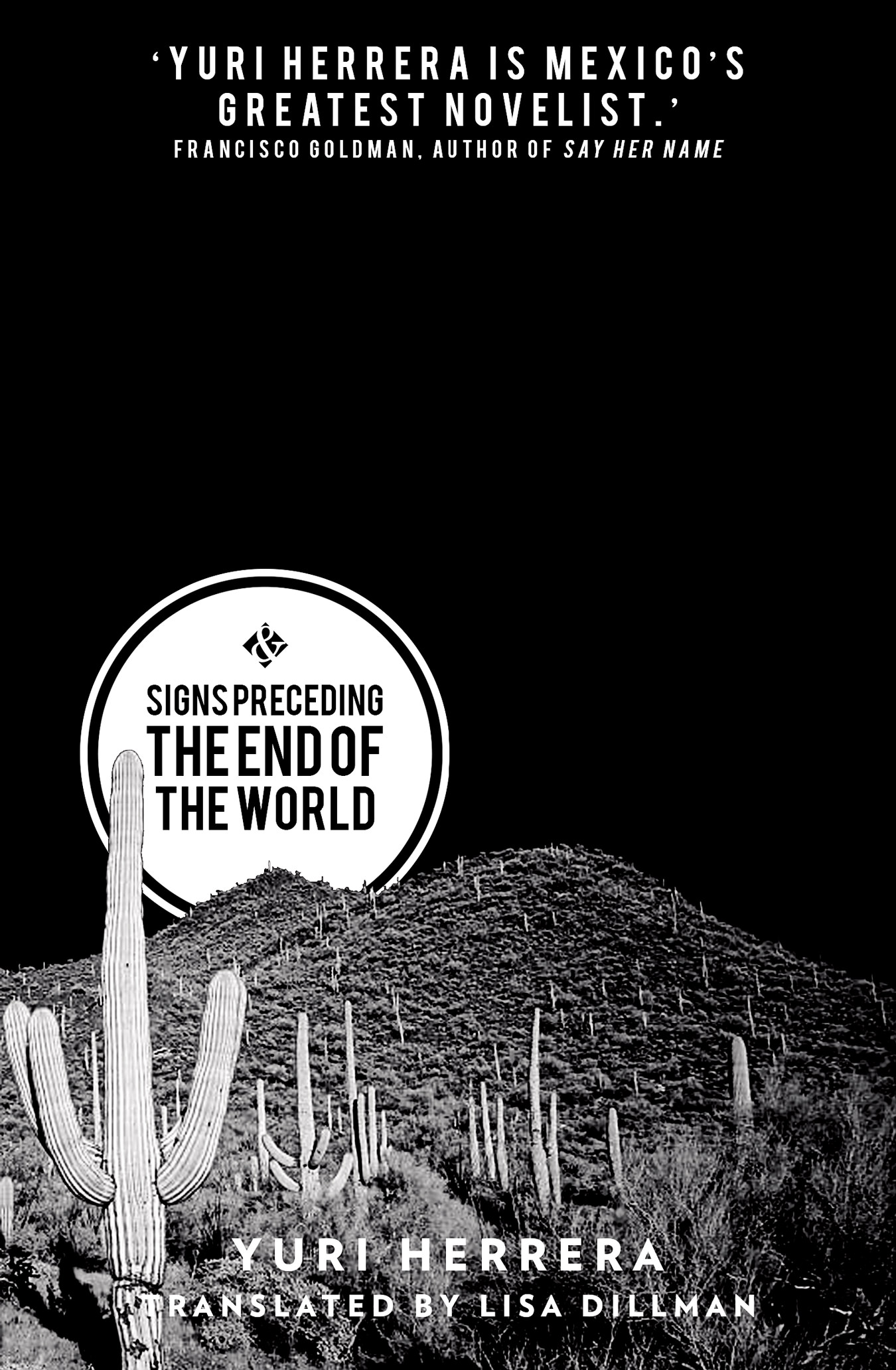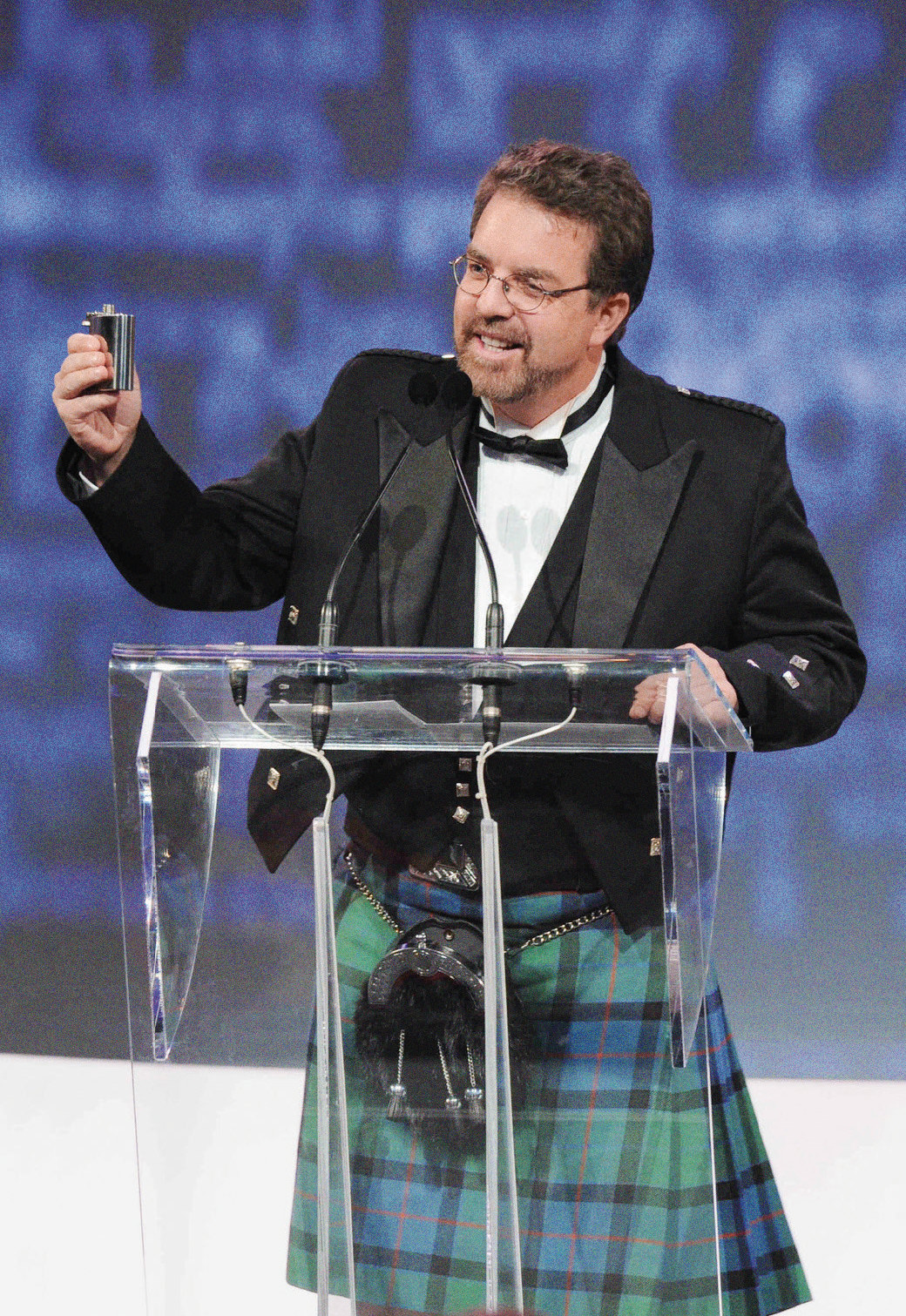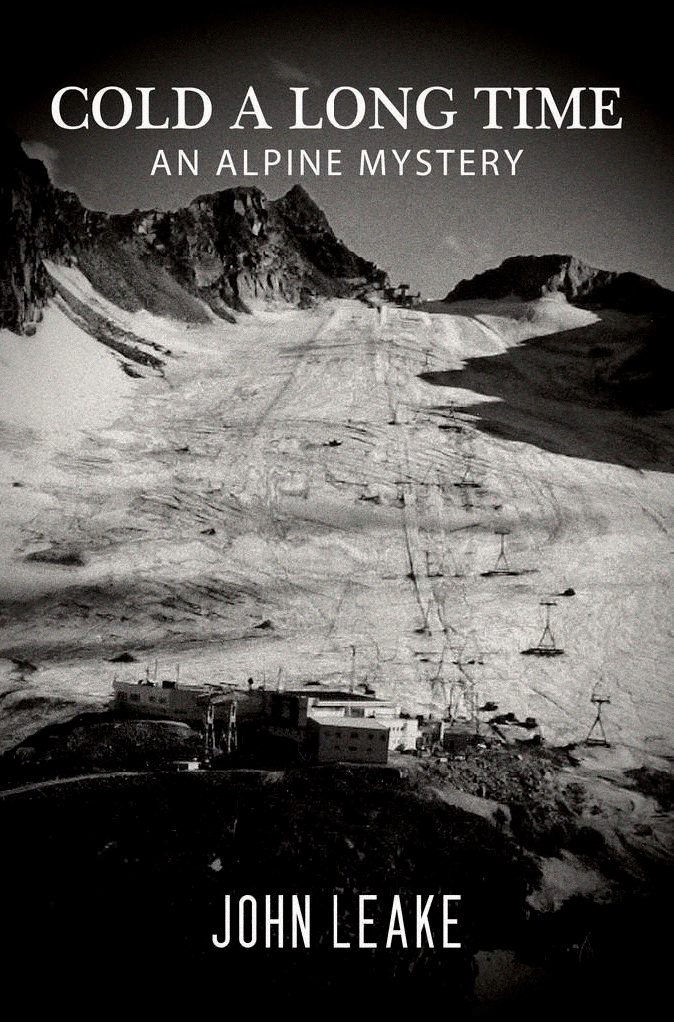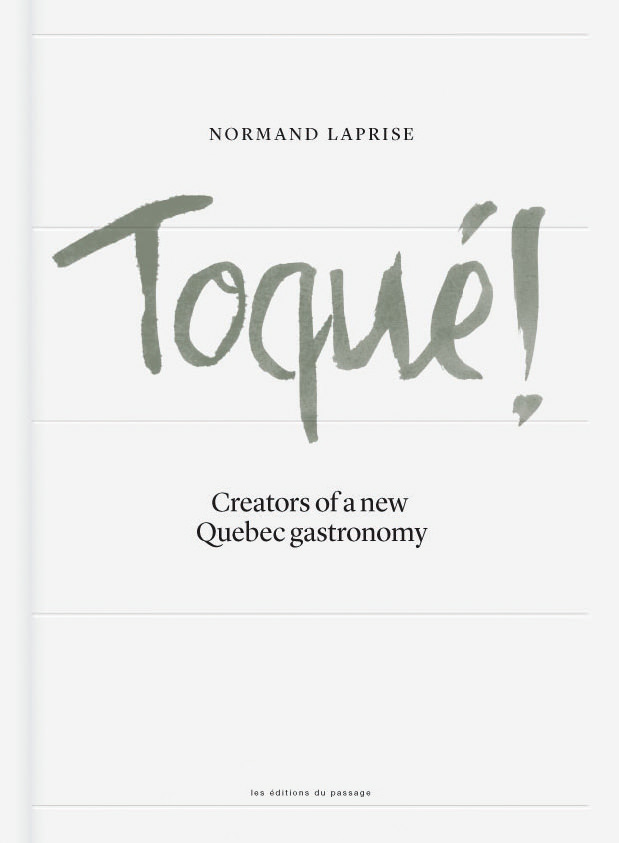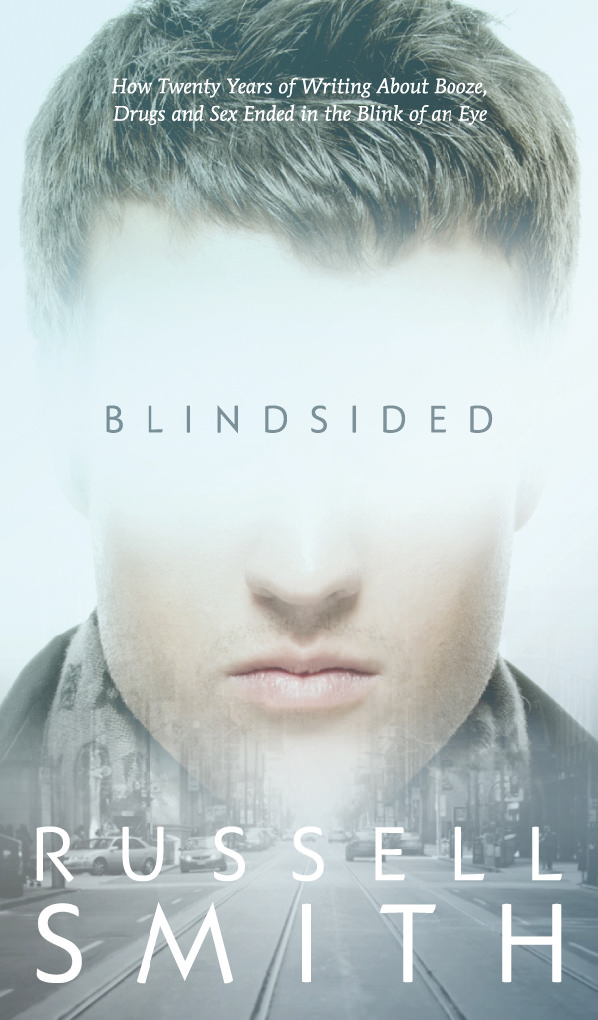Off the Shelf: Playing with Platonisms
Books by Don DeLillo, Peter Mendelsund, and Yuri Herrera.
It’s been a good week for scouring any vestiges of Platonism from one’s head.
As I write—on a warm, desultory evening under salmon-bellied cumulus crowned with gold filigree—the English are suffering paroxysms of disbelief, self-loathing, national introspection, and blind panic. This afternoon, they were kicked ignominiously out of Euro 2016… by Iceland. Iceland. A nation home to as many souls as the mid-sized city of Windsor, Ontario. But what souls they possess! Furious northern god-men with thighs hewn from the wood of Yggdrasil, hearts Thor could use as anvils, and the collective icy relentlessness of a North Atlantic storm.
It was no fluke, either. Iceland was not outplayed by a footballing giant, managing a garbage goal in the dying seconds. It fully humiliated England. Organized, tenacious, bold, hungry; Iceland was the superior side. Or did England humiliate them? A collection of players with a combined salary equalling the GDP of a small country looked not like they’d been paid to throw the match, but like they’d been paid to throw themselves bodily onto the plush green pitch and attempt to blow the ball into Iceland’s net through pursed lips. Blindfolded. In a gale. While sobbing. Unluckily for me, I am an England supporter (one of a number of unsavoury qualities), so watching this spectacle was not unlike the pain and nausea I felt watching the Brexit results, announced just days prior.
Where does Plato come into this roiling nightmare?
Days before both Britain’s Brexit vote and England’s football loss, my son played in the first match of his recreational soccer league’s season. He’d been gorging on televised matches. He’d attended back-to-back Toronto FC games to see his hero, Sebastian Giovinco. He’d been crushing opponents on FIFA 15. He’d requested the clippers and was now even sporting Giovinco’s close shave and low fin. He knew what was about to unfurl on the pitch.
Except he did not. Not even close. His mind’s film’s elegance and joy and balletic perfection ran headlong, that Tuesday evening, into the brutal fact of the seven-to-nine-year-old crab-like scuttling soccer mob. My son’s world of ideal Forms had run aground disastrously against the ragged coast of what-the-world-is. He was nearly inconsolable. How does a parent mitigate the pain of shattered idealism? How many times can a parent tell a child, “The world will never conform to the beautiful picture in your head?” And why do we, so early in life, stuff our heads with beautiful things? Are there, as Plato claimed, ideal Forms of the insufficient, half-formed objects that make up our world? Here the idealist points to Italian soccer coach Antonio Conte’s undermanned but machine-like dismantling
of Spain in the game just prior to Thor’s invasion of Albion. Or to Scotland’s desire to remain in the European collective as its most powerful assertion of national independence. These are nearly impossible arguments to counter—unless you were wearing an England shirt. Or were halfway informed and sentient during the Brexit referendum. Or happen to be eight years old and headed for ill fortune. In which case, the counter-argument is simply to point mutely at the steaming pile that is your lot. Your inchoate scrum of kicked shins. Your island of quivering, D-deficient xenophobes. Your team of befuddled, gross-motor-challenged hypermillionaires. Your land mass unmoored from sanity, adrift on currents bypassing Dún Laoghaire, on course for the open seas. Look, Plato, this is the real. Properly banjaxed, rudderless, a porcine half-man at the helm making Greek ferry captains seem heroic.
Aside from Don DeLillo, no other American writer has taken on so many of Western culture’s weirdest, most obliquely disturbing, unspoken, barely sensed neuroses and transformed them into such harrowing, unforgettable music.
Since the appearance of his first novel in 1971, Don DeLillo has been quietly, steadily establishing a reputation as one of the great—one of the most prescient—writers of fiction in English. “Quietly, steadily” doesn’t always apply to his prose, stylistically (far from it). But unlike what we’ve come to understand a novelist’s job to entail, DeLillo has, from the start, mostly steered clear of publicity tours, media interviews, plush teaching appointments, and festival appearances. Never a full-bore recluse à la Pynchon or Salinger, DeLillo seemed to want to go about living and writing without any accompanying distractions. As capable of working up a big, sprawling, combustible canvas (Libra, Underworld, Mao II) as he is of narrowing the frame and becalming the action (Falling Man, Point Omega, White Noise), his novels have shown an aesthetic restlessness, a roving hunger to drill deeper, or just elsewhere. No other American writer, it should be said, has taken on so many of Western culture’s weirdest, most obliquely disturbing, unspoken, barely sensed neuroses and transformed them into such harrowing, unforgettable music.
DeLillo’s 17th novel, Zero K, arrows straight for the theme most often associated with a writer’s late period: death. Well, if arrows flew the same arabesque-ing, lawn-dart-on-Benzedrine flight paths as do heat-seeking missiles, then Zero K aims straight for death. Jeffrey has landed—as the novel opens—on
some emptied grass steppe somewhere in Kazakhstan to visit his blindingly wealthy father, Ross, and Ross’s second wife, Artis. They’re staying in a vast, privately funded, underground—and under the radar—complex, where they’ve come to be cryogenically frozen. They’ve come here to, in effect, not die. If plot is your North Star, Zero K is the wrong night sky for you. The interior of the subterranean installation gets a lot of room: “the long hushed hallways, the sense of enclosure and isolation, a new generation of earth art, with human bodies in states of suspended animation.” Also, a lot of very DeLillo dialogue: exchanges of glimmering, half-articulated speculation, memories of minute detail answered with disquisition on the intersect between art, death, and utopian thinking. You’d be forgiven for mistaking the book for a pure satirical send-up of post-humanist thinking, techno-cults, and the macabre indulgences of the 1 per cent, but DeLillo’s genius has always been his ability to bend the monsters to his will. To look straight at the outlandish or demagogic and see there our own inclinations and desires given momentum and logic. It can be not just unnerving, but fully frightening to read DeLillo—which should be recommendation enough.
Peter Mendelsund’s What We See When We Read is so much more than a designer’s thoughts on his trade. In fact, it’s not that at all.
Peter Mendelsund is considered one of the best book cover designers currently working in publishing. I can’t say how worked up “the average reader” gets about the appearance of what they choose to read, but I can say with confidence there’s little else (bar writing itself) that can pitch authors into either fevers of allergic rage or swooning pleasure fits. The cover design of one’s book is experienced as the equivalent of shopping for a whole new face after some mishap—it feels that… intimate.
What We See When We Read is so much more than a designer’s thoughts on his trade. In fact, it’s not that at all. Left off the front jacket, tucked discreetly inside on the title page, a subtitle shares a little more, but still fails to convey the pure pleasure served up thereafter: “A Phenomenology.” Before you get sniffy, Mendelsund is simply accurately labelling what he’s gone and done. Using straight graphics, collage-like tableaux, recontextualized technical drawings, and found images, the author has developed a magical sensory tour or investigation into what goes on, exactly, inside our mental apparatus when we’re immersed in reading fiction. I’ve pointed to Mendelsund’s abundant use of image, but every page given over to the visual is set adjacent to short bits of text. Some moments excerpted from classics, some big thinkers’ quotes, some concise meditations written by the author all interweave—and enter into dialogue with—their respective graphics and images. This is intellectual playtime, a sensuous essay paying close attention to a deeply mysterious practice we phone-apes have proven we won’t soon let go of. Why do we make symbols for the things in our world? We need to indicate, I suppose, to one another their presence even when they are absent. But, and this gets druggy, why do we make symbols to ourselves of the symbols for things we’ve concocted out of symbols for the symbols of things? Grab What We See When We Read and see if it doesn’t help answer this.
Yuri Herrera’s novel is a slim volume, and upon closing it I was bewildered at the effect of magnitude, of epic space and time evoked by the prose.
Yuri Herrera, author of the grimly wonderful Signs Preceding the End of the World, is one of Mexico’s most highly regarded novelists. I’m only newly aware of Herrera and his novel, which has a brutally simple set-up and is a ferociously affecting, bullet-paced fable-cum-psychological portrait: Makina, a young woman from a small, impoverished Mexican village, crosses into the U.S. paperless, alone, and carrying next to nothing. She needs to find her older brother and bring him home. He made the same crossing years before and hasn’t returned. His was meant to be a temporary work trip. Narcos, smugglers, “coyotes”, “anglos”, border vigilantes, affluent American fools, and the enthralling mind of a singularly imperturbable young woman combine in a narrative of dream-like beauty. This is a slim volume—a translation from the Spanish—and upon closing it I was bewildered at the effect of magnitude, of epic space and time evoked by the prose. I felt I’d traversed and witnessed great swaths of
the U.S. southwest. In fact, I’d spent this journey looking out through the eyes of a character I won’t soon forget, who meets a fate I’ll likely never forget.
Translated literature is not one of our strong suits here in Anglo North America. We’ll do it if we have to. A global blockbuster gets a look—Knausgaard, Ferrante, Saramago. But digging around for the gems
in other languages that haven’t yet caught commercial fire is not a feature of our markets/publishing model/reading habits. Our habit is to assume that whatever’s worthwhile is happening in English, and if not, it’ll come to us soon enough.
Ideally (Ah, here we are! You were wondering where the frothy preamble went?), before jetting off to the 37th country on our bucket list of tourist destinations, we’d all be forced, under threat of denial of visas, to read 10 novels and five poets of the country we plan to go buy stuff in. You don’t do the reading, you don’t get to go. Can’t find the books on the shelf? Too bad, write to your MP about funding for the arts.

